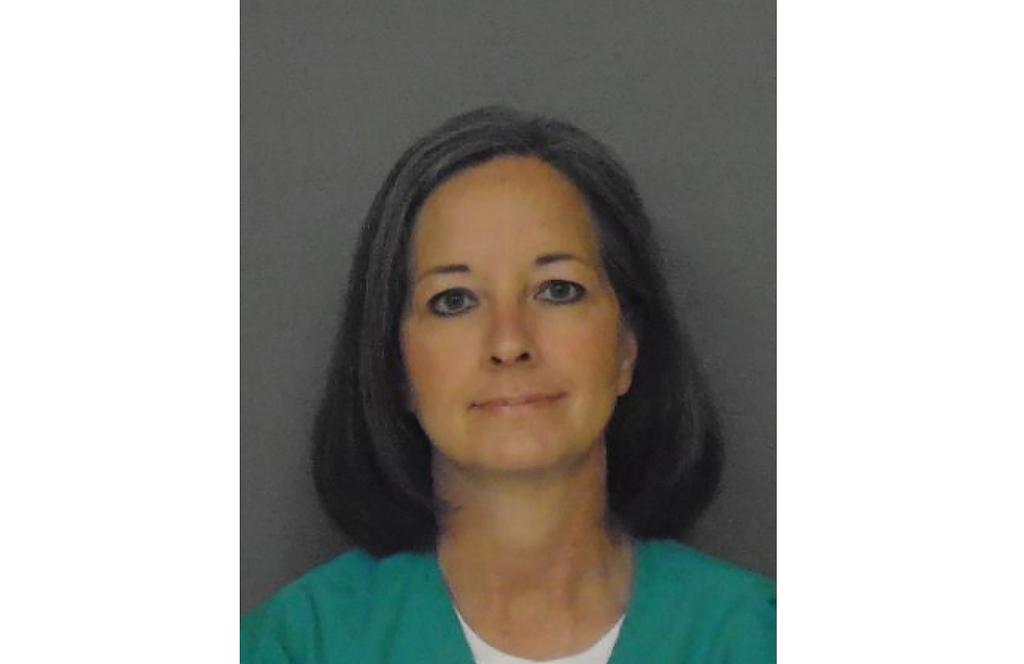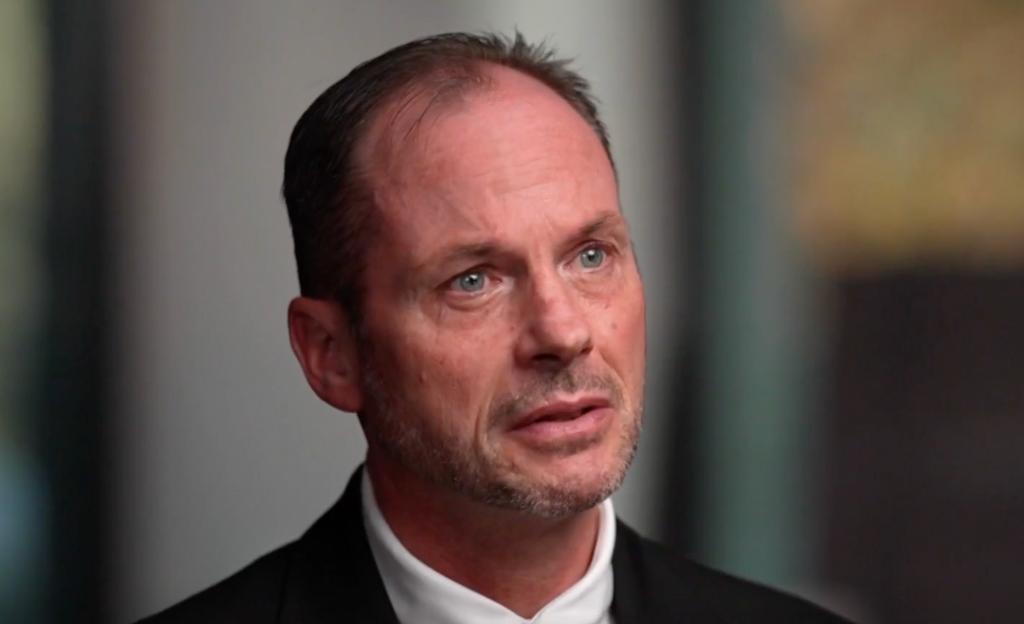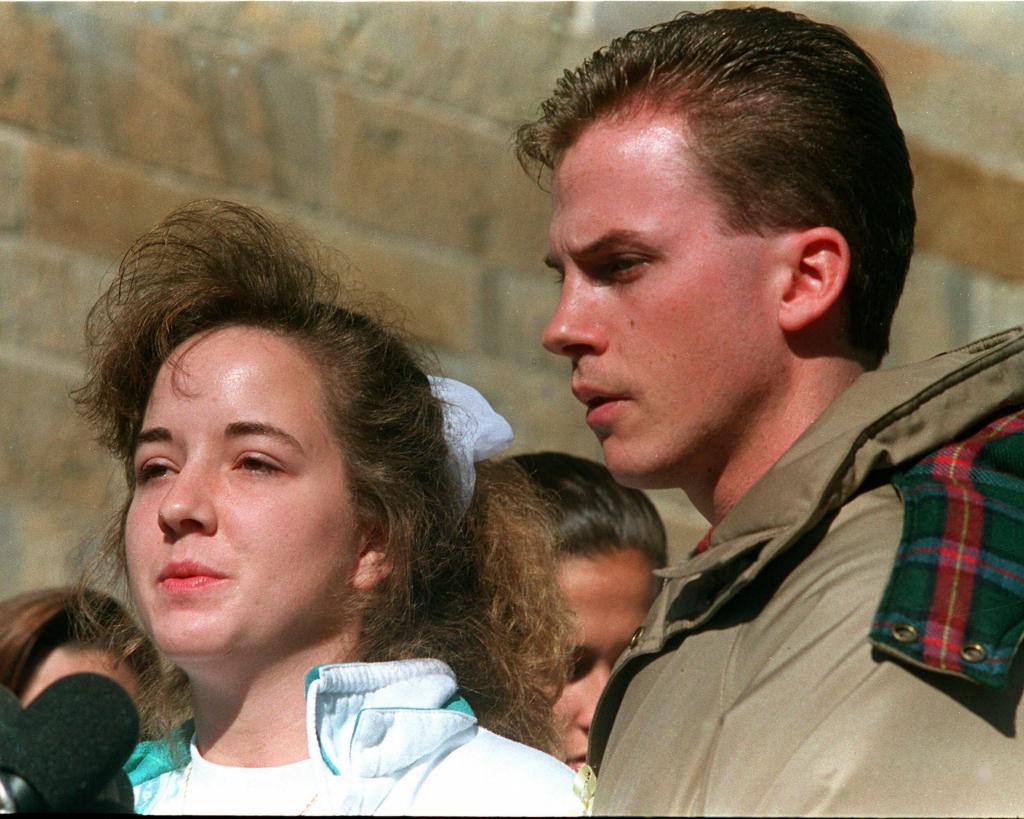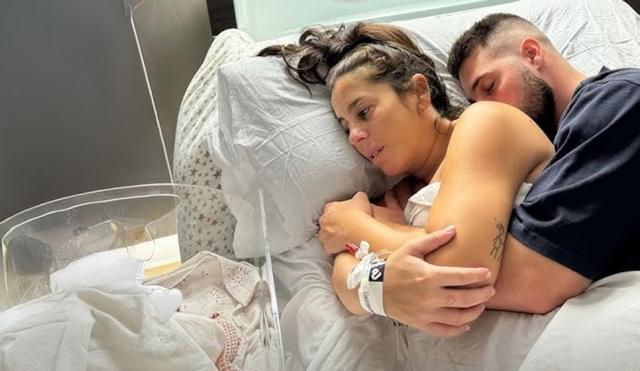Susan Smith Seeks Parole After 30 Years for Son's Drowning
Susan Smith's quest for parole after 30 years raises crucial questions about justice, rehabilitation, and the enduring pain of her tragic actions.

Key Points
- Susan Smith, convicted of murdering her sons by drowning them 30 years ago, is facing a parole hearing that has ignited public debate.
- The legal and psychological implications of her case challenge perceptions of justice and the potential for rehabilitation in violent offenders.
- Public opposition to Smith's parole is strong, with nearly all correspondence received by the parole board rejecting her release.
After serving 30 years for the tragic drowning of her two young sons, Susan Smith's recent application for parole has captivated public attention once again. Smith, now 53, was convicted of murdering her sons, Michael and Alex, in 1994 by rolling her car into a lake in
. Her case is not only a haunting reminder of the crime but also raises significant questions about justice, mental health, and the potential for rehabilitation.

Background of the Case
Smith's actions shocked the nation and garnered extensive media coverage. Initially, she claimed to have been carjacked by a Black man, sparking a massive search for her missing children. However, her story unraveled, and nine days later, it was revealed that her sons had been concealed in her car at the bottom of John D. Long Lake. Smith eventually confessed to the murders, stating that a tumultuous affair and feelings of hopelessness influenced her actions.
Legal Proceedings and Public Reaction
The legal ramifications of Smith's actions were significant. A jury convicted her of murder in a trial that echoed throughout the nation, avoiding the death penalty. At the time, she was eligible for parole every two years due to South Carolina laws. This is a common framework in many states for offenders who receive life sentences.
Not only did Susan's case spark discussions about criminal justice, but it also raised awareness about the psychological distress that can lead individuals to commit tragic actions. Smith’s defense argued that she was experiencing a severe mental breakdown, a point that many continue to debate. The question remains: Can someone who has committed such an act be rehabilitated, or do they pose an ongoing threat to society?

Public Sentiment and the Role of the Parole Board
The sensitivity surrounding Smith's case is evident in the public's reaction to her recent parole hearing. The South Carolina Department of Probation and Parole revealed that out of 366 communications received by their office regarding the hearing, nearly all were against granting her parole. Her story has remained a chilling reminder of the consequences of actions taken in moments of desperation.
The parole board will vote on whether to grant her freedom, and as history shows, it is exceedingly rare for violent offenders to receive parole. With only about 8% of such requests being approved in South Carolina, the odds are against Smith. Furthermore, a two-thirds majority is required from the board members present at the hearing, emphasizing the high stakes involved in the decision-making process.

A Hope for Healing?
As this intricate case unfolds, it compels us to confront larger societal issues. It evokes reflections on mental health, the consequences of unchecked emotional distress, and the proper avenues for individuals in crisis. While Susan Smith’s actions were undeniably horrific, addressing the underlying causes of such tragedies is essential in preventing future occurrences.
The narrative surrounding her case inspires a complex dialogue about accountability, grief, and hope for restoration. It challenges us to strike a balance between justice for the victims and the possibility of rehabilitation for the perpetrator.

As the parole board deliberates, many will be watching closely, uncertain of what the future holds for Susan Smith and reflecting deeply on the tragic loss of Michael and Alex. This case will likely remain etched in the public consciousness, not only as a crime but as a cautionary tale about the fragility of human emotions and decisions.


